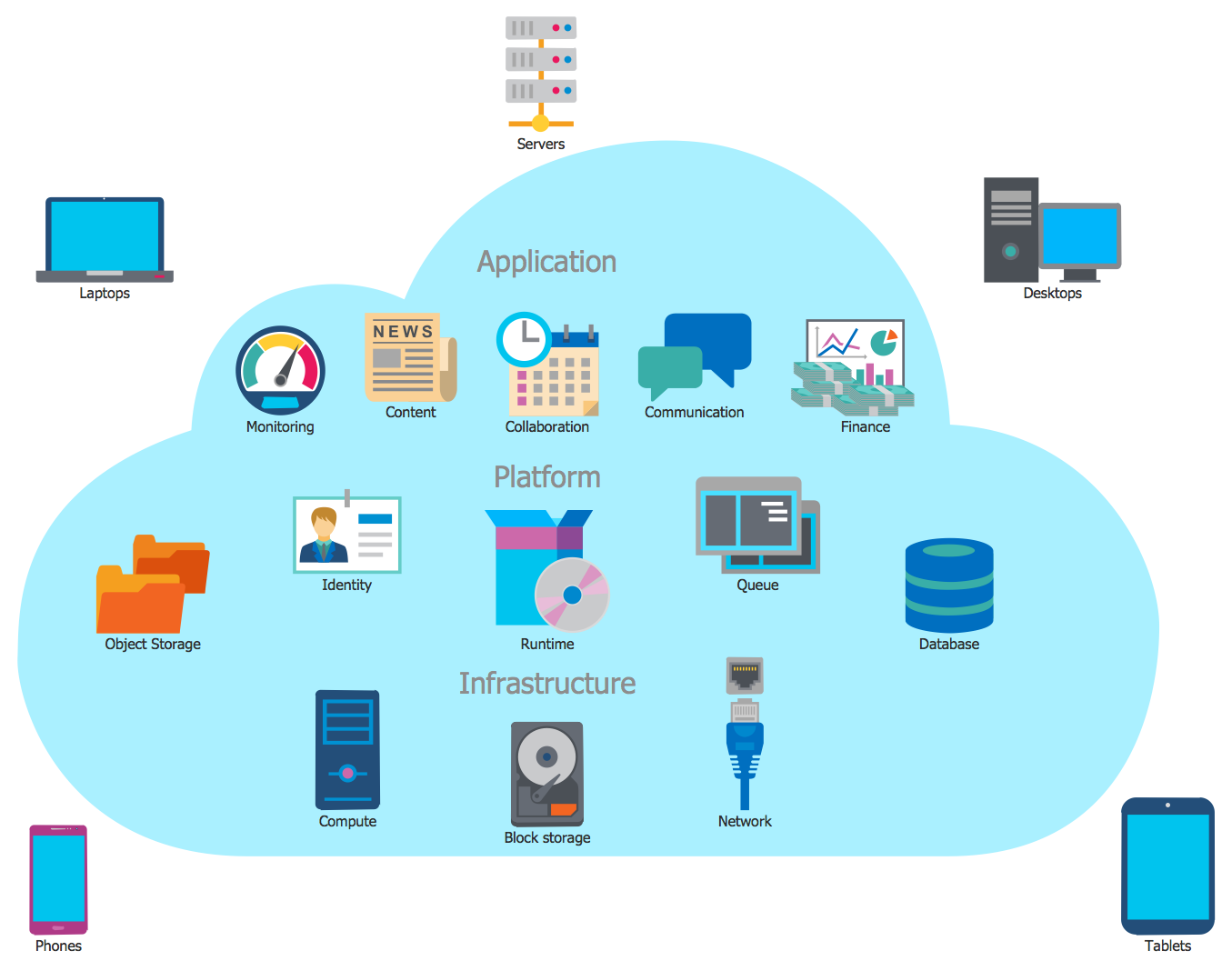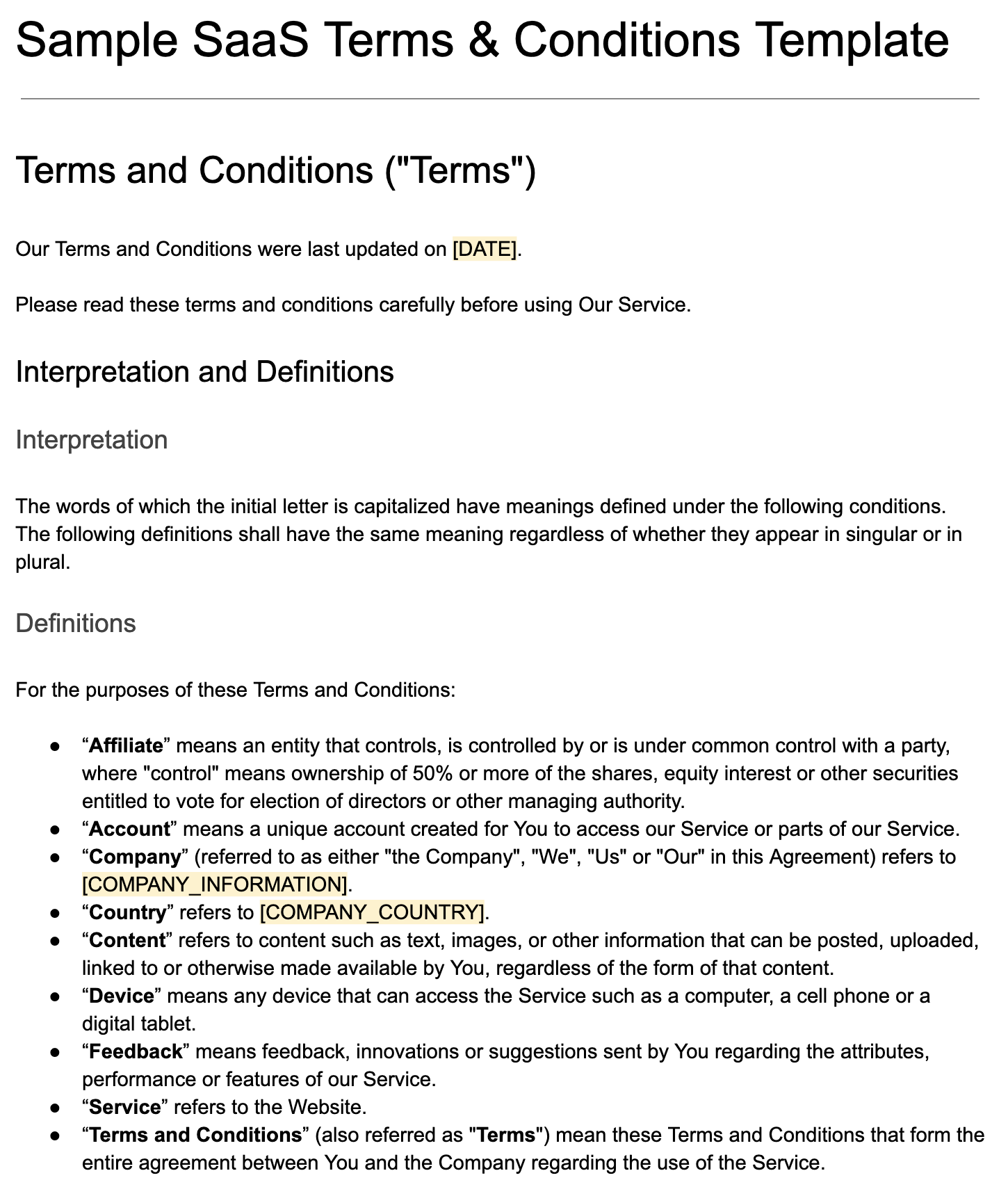
Hosting a site is a complex process. One of the most common is shared hosting, which is a good option for many people who want a cheap way to host their website. If you want your website to run fast and be secure, it is best to upgrade to VPS.
Vps and Shared Web Hosting
Selecting a virtual private server over a dedicated server has many benefits. First, it is a lot faster. You get more resources with a VPS. This can make your website load faster. It is also more secure because you're not sharing your hosting service with hundreds or thousands of other websites.
A third advantage is the ability to easily scale up your hosting, if required. This is a major benefit if you have multiple sites or are expanding your business.
You can upgrade your VPS Hosting to a newer level to meet your growing needs. You can do this if, for example, you need to have lots of storage space or if the traffic on your website is constantly changing.

If you have many visitors who come in big bursts or your website is growing quickly. If your website traffic is high, shared hosting may not be able to keep up.
VPS Hosting Plans provide more resources and headroom for your website. This allows your website to handle more traffic, while still remaining fast and reliable.
In addition, VPSs are generally cheaper than dedicated servers. This allows you to save some money, while still getting the best solution for your requirements.
The best part about VPSs is that they are usually scalable. You can add or remove resources according to your needs. This will ensure that your site is always available.
This is perfect for small companies who require the flexibility of a virtual private server, but don't want to be isolated or have their OS and applications customized. It is also great for those that do not have enough staff or knowledge to manage, patch, and secure their own servers.

Software such as cPanel WHM, and EasyApache can be used to customize your VPS. WebHost Manager is one of the specialized VPS softwares.
VPSs are more secure and faster than shared servers. This is because your website will be isolated from other sites by the virtual environment.
It's ultimately up to you to choose the hosting plan that is right for your website. If you decide to go with a VPS, you should look for one that has the features and customer support you require.
FAQ
Should I use WordPress, or a website builder
A small website is the best way to build a successful web presence. If you have the time or resources to create a complete site, do so. A simple blog is a good option if you don’t yet have the necessary resources. As you learn how websites are designed and developed, you can always add more features.
Before you start building your website, it is important to establish a primary domain. This will provide you with a point of reference when you publish content.
What is the cost of creating an ecommerce website?
It depends on the platform you choose and whether you use a freelancer to build your site or hire a service provider. The average eCommerce site starts at $1,000.
Once you've chosen a platform you can expect to pay $500-$10,000.
A template is usually less than $5,000 if you plan to use it. This includes any customizing you do to your brand.
Can I build my website using HTML & CSS?
Yes, you can! It is possible with basic knowledge of web design, programming languages like HTML (Hyper Text Markup Language), CSS (Cascading style Sheets), and HTML (Hyper Text Markup Language). These two languages allow you to create websites that can then be viewed by anyone who has access to your internet connection.
How much does it take to build a website.
The answer to that question depends on the purpose of your website. For instance, if you just want to post information about yourself or your business, you might be able to get away with free services such as Google Sites.
But if your goal is to attract visitors to a website, it's likely that you'll need to invest in something more robust.
The most common solution is to use Content Management Systems (like WordPress). These programs make it easy to create websites without any programming knowledge. These sites are hosted by third-party companies so you don't have to worry about being hacked.
Squarespace is another way to create a website. Squarespace offers a variety plans that range from $5 per person to $100 per person, depending on what information you want to include.
Statistics
- It's estimated that chatbots could reduce this by 30%. Gone are the days when chatbots were mere gimmicks – now, they're becoming ever more essential to customer-facing services. (websitebuilderexpert.com)
- The average website user will read about 20% of the text on any given page, so it's crucial to entice them with an appropriate vibe. (websitebuilderexpert.com)
- When choosing your website color scheme, a general rule is to limit yourself to three shades: one primary color (60% of the mix), one secondary color (30%), and one accent color (10%). (wix.com)
- At this point, it's important to note that just because a web trend is current, it doesn't mean it's necessarily right for you.48% of people cite design as the most important factor of a website, (websitebuilderexpert.com)
- It's estimated that in 2022, over 2.14 billion people will purchase goods and services online. (wix.com)
External Links
How To
What is website hosting?
Website hosting is the place where visitors go to visit a website. There are two types:
-
Shared hosting – This is the most affordable option. Your website files will reside on a server belonging to someone else. When customers visit your site, their requests travel over the Internet to that server. The request is then handed to the owner of that server.
-
Dedicated hosting – This is the most expensive option. Your website resides entirely on one server. There are no other websites sharing space on the server. Your traffic remains private.
Because it is less expensive than dedicated hosting, shared hosting is preferred by many businesses. Shared hosting allows you to have your website run by the company who owns the server.
However, both have their advantages and disadvantages. These are the key differences between them.
Shared Hosting Pros:
-
Lower Cost
-
Easy to Set Up
-
Frequent Updates
-
It can be found on many web hosting companies
You can get shared hosting for as low as $10 per monthly. Remember that shared hosting usually comes with bandwidth. Bandwidth is how much data you can transfer to the Internet. You may have to pay extra for large amounts of data, even if your blog only contains photos.
Once you start, you'll quickly realize why you were paying so much for your previous host. Most shared hosts have very poor customer support. You'll be on your way after they walk you through setting it up.
A provider with 24-hour telephone support is a good choice. They will take care of any issues while you sleep.
Hosting dedicated:
-
More Expensive
-
Less Common
-
Requires Special Skills
With dedicated hosting, you get everything you need to run your website. You won't have worry about whether your website is using enough bandwidth, or whether it has enough RAM (random-access memory).
This means that you will have to pay a little more upfront. However, once you start running your business online, you'll find that you won't need much technical assistance. You'll be able to manage your servers effectively.
So Which Is Better For My Business?
This depends on the kind of website that you want. If you only want to sell products, then shared hosting might be the best choice. It's simple to set it up and keep it updated. You'll probably receive frequent updates because you are sharing a server hosting many other sites.
However, dedicated hosting can be a great option if you're looking to build a community around the brand. Instead of worrying about traffic, you can concentrate on building your brand.
If you're looking for a web host that offers both options, we recommend Bluehost.com. Bluehost.com provides unlimited monthly data transfer, 24/7 support, free domain registration and a 30-day money back guarantee.